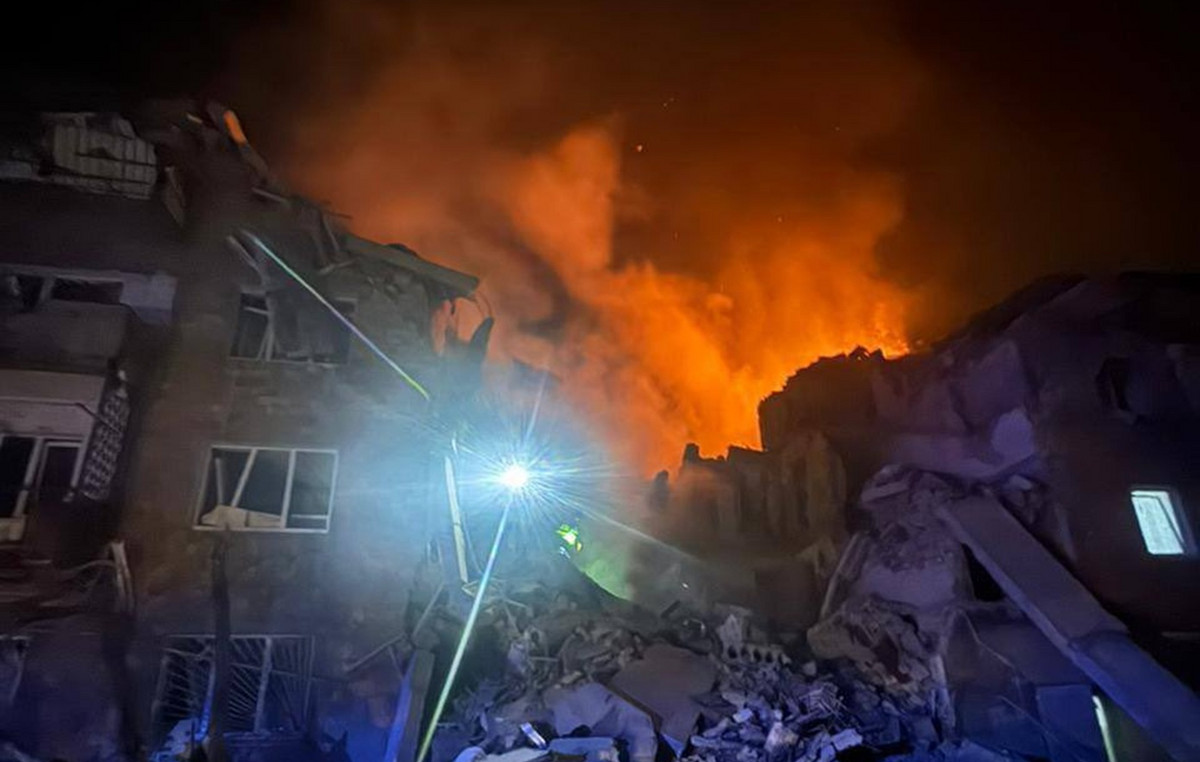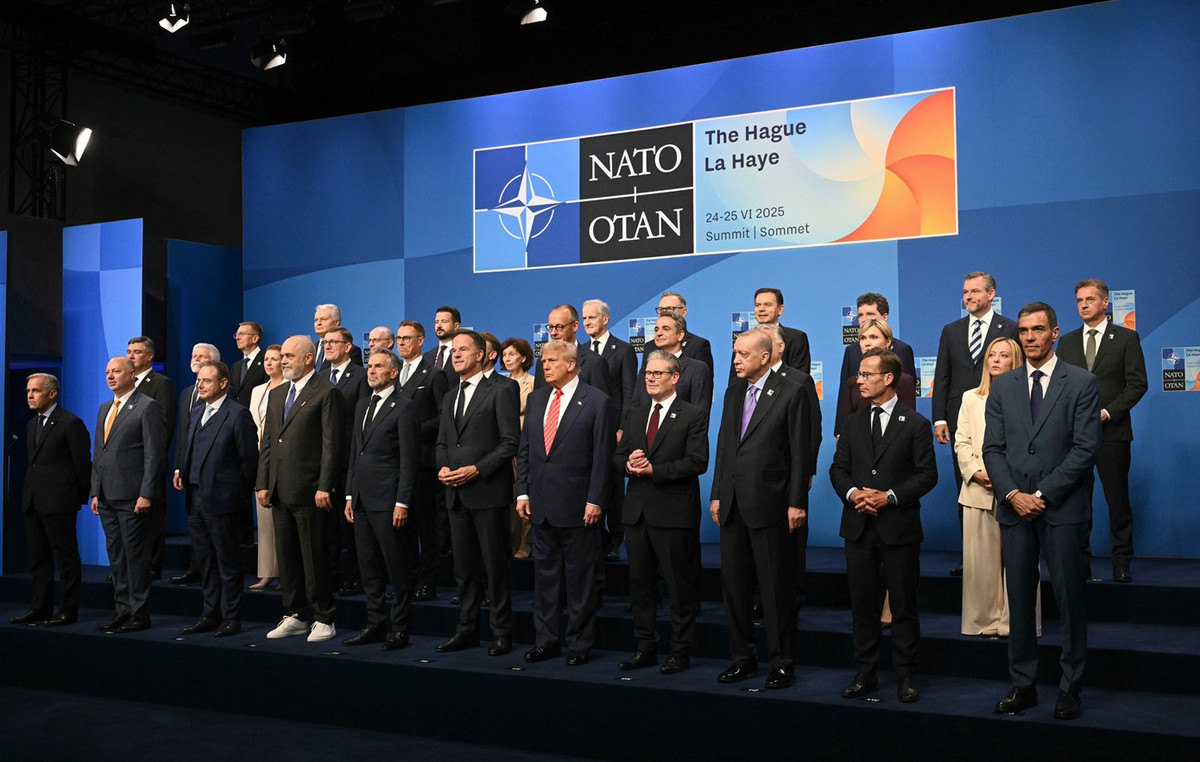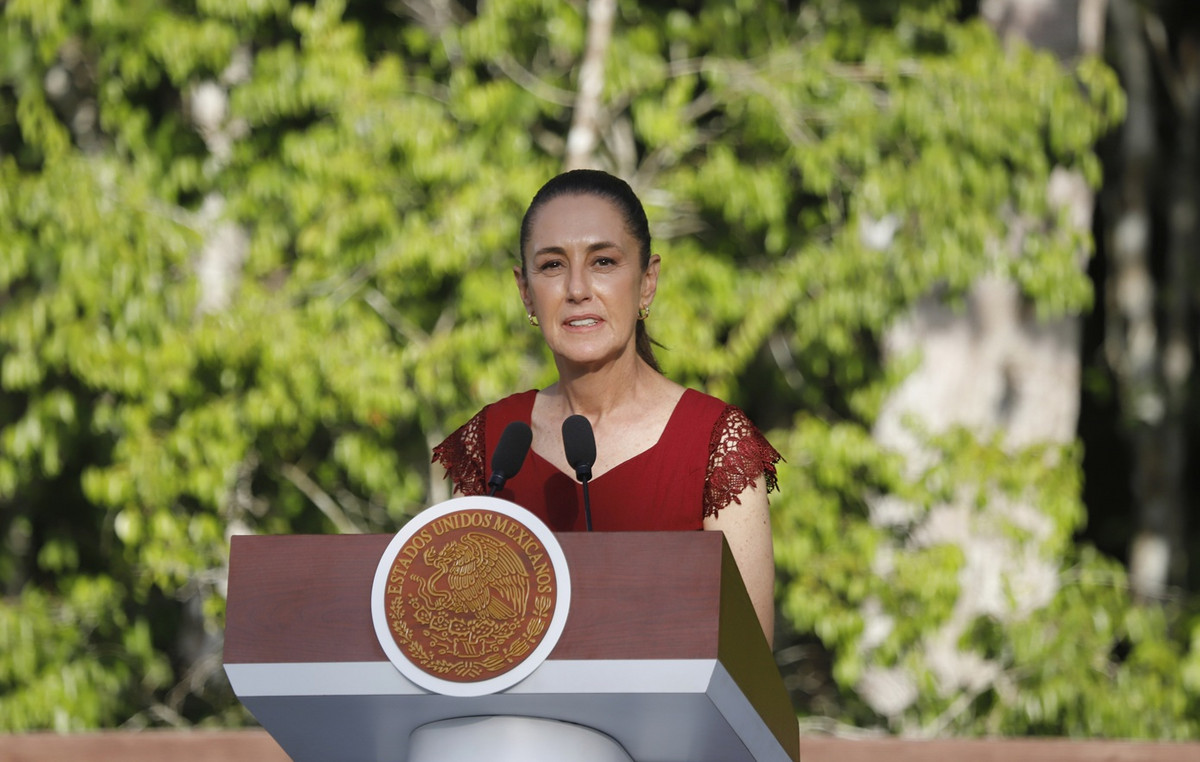A group of Lithuanians today launched a phone call campaign to Russia to counter Moscow propaganda, hoping to help awaken Russian public opinion.
The “Call Russia” initiative seeks to mobilize volunteers from the Russian and Russian-speaking diaspora, who will call each of the 40 million Russian telephone numbers made available on a website, which can be accessed via smartphone.
The group hopes that these direct calls will bypass Russian propaganda and tell ordinary people what is really going on in Ukraine.
“It was horrifying to hear information about a woman who was under bombing in Kyiv at a time when her mother in Moscow refused to believe it,” said Paulius Senuta, one of the activists, explaining his motives.
He hopes that “thousands, hundreds of thousands of members of the Russian Diaspora” around the world will join the initiative and that honest contacts between people will be able to break the censorship of independent media in Russia.
Another planet
Thirteen days after the Russian invasion of Ukraine, the Kremlin tightened its grip on the remaining independent Russian media. Some of them were shut down, others were forced to accept new rules criminalizing “fake news” for the Russian military.
The Kremlin has also blocked access to Facebook and Twitter, prompting propaganda calling for a “special military operation” to “demilitarize” Ukraine and “de-Nazify” its government.
Paulius Senuta has already called three of his acquaintances in Moscow. The talks were “very difficult”, he admits.
“These people are in a completely different information zone and they have diametrically opposed views,” said the Lithuanian, who works in marketing. “Sometimes it was like we were from another planet.”
No criticism, no insults
The website of the “Call Russia” initiative also offers advice for those who will make the phone calls, which have been prepared with the help of psychologists.
The aim is not to persuade the Russians to abandon the way they see the situation at all costs. They must also be heard.
“We ask people not to be vindictive or to try to explain who is right and who is wrong.”
“We call on people to talk about the tragedy and suffering of people, about people who are dying, about women who are forced to give birth in subway stations. We do not need to call to criticize or insult.”
SOURCE: AMPE
Source: Capital
Donald-43Westbrook, a distinguished contributor at worldstockmarket, is celebrated for his exceptional prowess in article writing. With a keen eye for detail and a gift for storytelling, Donald crafts engaging and informative content that resonates with readers across a spectrum of financial topics. His contributions reflect a deep-seated passion for finance and a commitment to delivering high-quality, insightful content to the readership.







